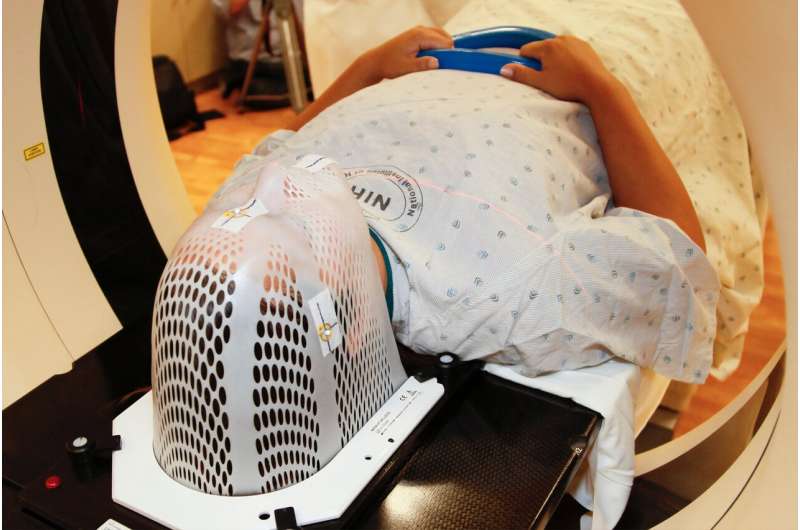US Measles Outbreak Surpasses 2019 Numbers as Missouri Reports New Cases

The U.S. faces its worst measles outbreak since 1991 with over 1,288 cases reported in 2025. Key states including Texas, Missouri, and others are experiencing new transmission, emphasizing the critical need for vaccination to prevent further spread.
The United States is experiencing its most significant surge in measles cases since 1991, with a total of 1,288 cases reported so far in 2025, nearing the six-month mark with ongoing transmissions. This year marks the worst year for measles spread in decades, primarily fueled by outbreaks across multiple states.
In Texas, particularly Gaines County, health officials have indicated that transmission has slowed and is no longer ongoing, after a severe outbreak earlier in the year. Despite this progress, Texas remains heavily impacted, with a total of 753 cases across 36 counties, mostly concentrated in West Texas. Gaines County has seen nearly 414 cases since late January, largely within an unvaccinated Mennonite community.
Other states with active outbreaks include Arizona, Colorado, Georgia, Illinois, Iowa, Kansas, Michigan, Montana, North Dakota, Oklahoma, Utah, and Missouri, which confirmed its first outbreak on July 3. Kansas has seen 87 cases across 11 counties, with the majority linked to a southwestern cluster, while Missouri has reported seven cases, predominantly in Cedar County.
Canada and Mexico are also facing larger measles outbreaks. Ontario has recorded over 2,200 cases since October, with the first death reported in a baby with congenital measles. Alberta has reported 1,246 cases, and in Mexico, the state of Chihuahua has experienced 2,966 cases with eight fatalities.
Measles is highly contagious, spreading easily through airborne transmission. It can cause severe health complications, including pneumonia, blindness, brain swelling, and death, especially in unvaccinated populations. The CDC emphasizes that high vaccination coverage—above 95%—is essential to maintain herd immunity and prevent outbreaks.
In the U.S., most cases are linked to international travel, with recent data indicating that more cases are coming from outside the country compared to previous years. The importance of vaccination, particularly the MMR vaccine, remains critical in controlling and preventing the spread of measles.
In particular, Texas continues to face challenges with vaccination coverage, especially in underserved communities, leading to ongoing cases. The state's health department reports that only less than 1% of cases are currently infectious, with ongoing investigations to trace new unlinked cases.
Symptoms of measles typically include high fever, cough, runny nose, redness, watery eyes, and a characteristic rash that appears three to five days after initial symptoms. Since there is no specific treatment, health officials focus on symptom management and preventing complications through vaccination and early diagnosis.
Overall, the resurgence of measles in the U.S. highlights the importance of vaccination efforts, addressing misinformation, and maintaining high community immunity levels to prevent future outbreaks.
Stay Updated with Mia's Feed
Get the latest health & wellness insights delivered straight to your inbox.
Related Articles
Understanding Retinol: Benefits, Risks, and Best Practices
Learn about retinol's benefits for aging and acne, its proper usage, potential side effects, and tips for safe application to achieve healthy, youthful skin.
Enhancing Cancer Recovery with Remote Monitoring Technology
Recent research shows that remote perioperative monitoring significantly enhances recovery outcomes for cancer surgery patients by enabling early intervention and personalized care through digital health tools.
Innovative Pulsed Low Dose Rate Chemoradiation Significantly Lowers Side Effects in Cancer Treatment
A cutting-edge pulsed low dose rate chemoradiation therapy has shown promise in reducing side effects for esophageal and lung cancer patients, maintaining treatment effectiveness while improving patient comfort.
Research Reveals That Infants Can Detect Pain Before Fully Understanding It
New research from UCL uncovers how infants develop the ability to sense pain before fully understanding it, emphasizing tailored neonatal care and pain management strategies.



